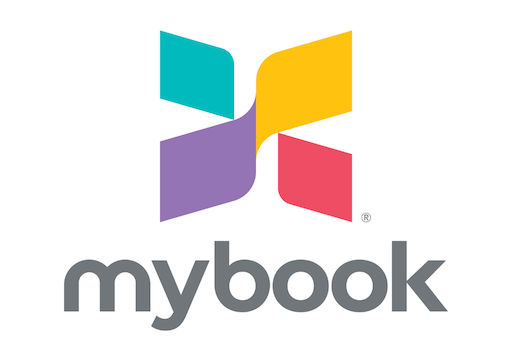
Tell Digital Marketing Requirements: 5 Must-Have Insights
When you’re looking to boost your business’s online presence, it’s crucial to understand what to expect from your digital marketing partners. So, let’s dive right into the digital marketing requirements that you, as a client, should be aware of. By doing so, you’re not just arming yourself with knowledge; you’re ensuring that your investment yields the best possible return.
Understand Your Objectives
The first step in laying out your digital marketing requirements is understanding your objectives. What do you want to achieve? Is it increased sales, improved brand awareness, leads, or maybe all three? Having clear objectives helps streamline the activities your team will undertake.
For instance, I once worked with a small startup that wanted to generate leads but didn’t have a clear idea of who their target audience was. After several brainstorming sessions, they defined their ideal customer and tailored their marketing strategy accordingly. The difference was remarkable—within a few months, they noticed an uptick in inquiries and overall engagement.
Define Your Target Audience
Once you understand your objectives, the next digital marketing requirement is defining your target audience. It’s not just about demographics, such as age and gender; it’s about understanding the psychological makeup of your ideal customers. What are their pain points? What drives them?
Let’s illustrate this. A friend of mine runs a boutique online shop and, after getting lost in the maze of general audience analytics, she decided to narrow it down. She identified that her primary customers were environmentally conscious millennials looking for sustainable fashion. Armed with this information, she fine-tuned her messaging, imagery, and even the social media platforms she focused on, leading to a more engaged community and increased sales.
Leverage the Right Tools
Next on the list of requirements is the use of the right tools. In today’s digital landscape, there’s an overwhelming array of software and analytics platforms available. From social media management tools to customer relationship management (CRM) systems, understanding the utility of these resources can be a game-changer.
For example, using tools like Google Analytics helps you monitor website traffic and understand user behavior. A local restaurant I visited recently started using social media analytics to tailor their campaigns, discovering that posts featuring behind-the-scenes cooking processes were highly engaging. This insight led to a series of “Chef’s Secrets” videos that skyrocketed their social engagement.
Optimize for SEO
Search Engine Optimization (SEO) is a must when you tell digital marketing requirements as clients. A solid SEO strategy is crucial for improving visibility, and let’s be real—who wants to be buried on the tenth page of Google search results?
Take a moment to reflect on your own online habits. How often do you go past the first page of results? Probably not often. A bakery I frequently visit revamped their website with SEO in mind. By targeting local keywords like “best chocolate croissant in [city name],” they found themselves right at the top of local searches. Imagine the kind of foot traffic—and revenue—they captured simply by optimizing their online presence.
Measure and Adapt
Lastly, the digital marketing requirement every client should hold high is measuring and adapting your marketing efforts. This is where the magic happens. Regularly analyzing your campaigns helps you understand what’s working and what’s not.
One of my clients, a fitness coach, initially focused a large portion of her budget on Facebook ads. After several months of assessing the data, she found that Instagram generated more engagement. By reallocating her marketing budget, she saw an increase in consultation bookings. Staying attuned to data not only helps optimize your current efforts but also fosters a better understanding of future campaigns.
In a world where the digital landscape is constantly shifting, these insights help you navigate the terrain effectively. Mastering these requirements means you’re not merely a client; you’re an informed partner.
FAQs
1. What is the most important digital marketing requirement?
The most important digital marketing requirement is understanding your objectives. Clarity on what you want to achieve sets the direction for all your marketing efforts.
2. How can I identify my target audience effectively?
To identify your target audience, consider creating customer personas based on demographics, interests, and pain points. Use surveys, social media insights, and customer feedback to gather data.
3. Why is SEO so crucial in digital marketing?
SEO is vital because it helps improve your website’s visibility on search engines. A strong SEO strategy can drive more organic traffic to your site, ensuring that potential customers can easily find your products or services.
Related Posts
Switch Lead Gen Expert: Effortless Steps for Success
In todays competitive landscape, becoming a switch lead gen expert can transform your approach to business growth. With a focus on building relationships and understanding your audience, youll discover...
Switch Instagram Consultant: Effortless Guide to Success
Are you struggling to make an impact on Instagram? A switch to an Instagram consultant could be your key to effortless success, guiding you through the ever-changing social media landscape and helping your...












